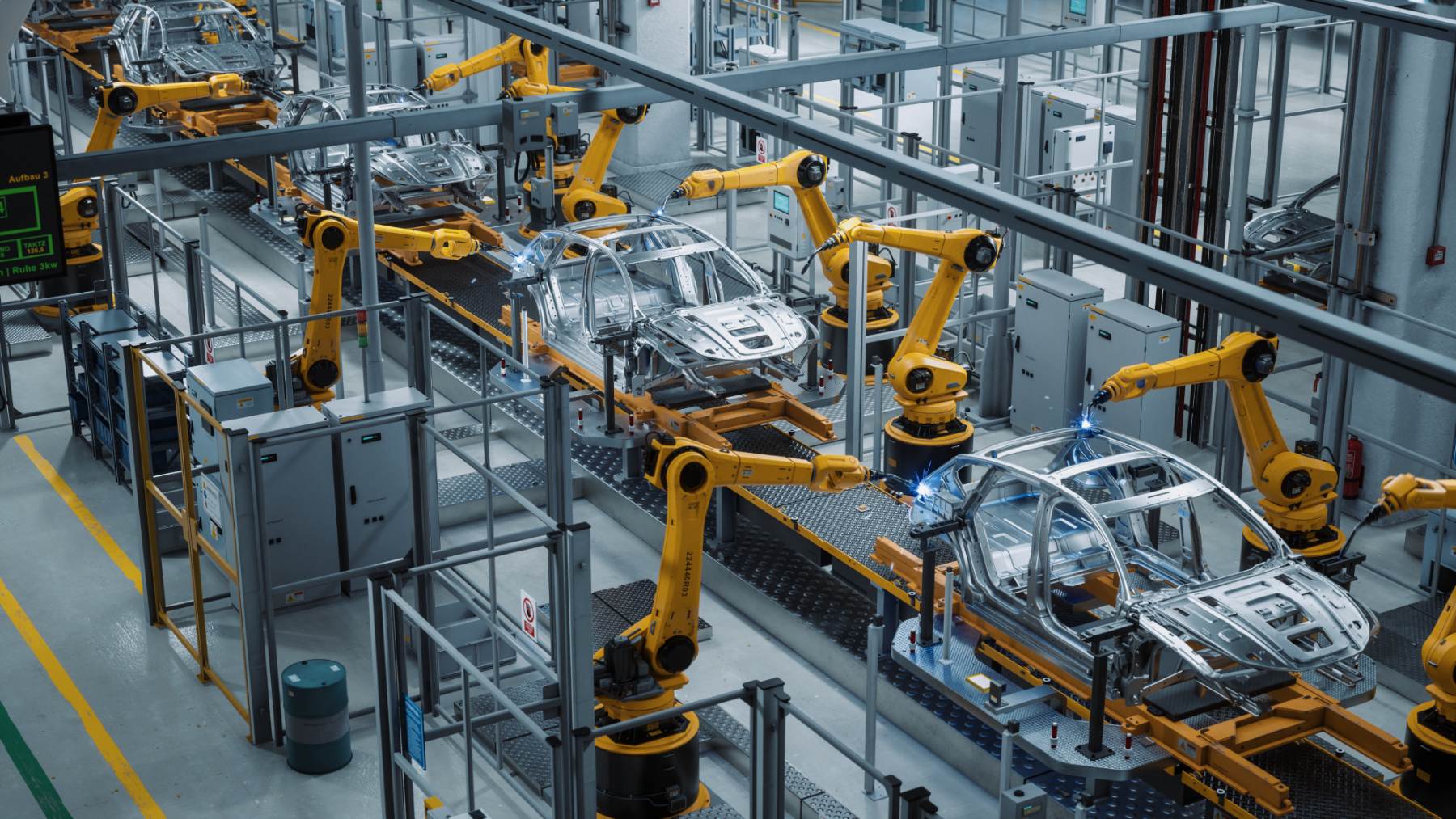The U.S. electric vehicle (EV) industry is confronting significant challenges as trade tensions between the United States and China intensify. These developments threaten to disrupt supply chains, increase production costs, and dampen consumer confidence in EVs.
⚙️ Supply Chain Vulnerabilities
China’s dominance in the production of critical components for EVs, particularly rare earth elements essential for electric motors and batteries, has become a focal point in the trade dispute. With China controlling approximately 90% of the global rare earth market, any export restrictions could severely impact U.S. EV manufacturing. Companies like Tesla are already experiencing the repercussions, with reports indicating a 53% drop in the resale value of models like the Cybertruck over the past year.
📉 Economic Implications
The imposition of tariffs and potential supply shortages are leading to increased production costs for EV manufacturers. These costs may be passed on to consumers, making EVs less affordable and potentially slowing adoption rates. Furthermore, the uncertainty surrounding trade policies is causing hesitation among investors and consumers alike, potentially stalling the momentum of the EV market in the U.S.
🔄 Global Repercussions
The trade tensions are not only affecting the U.S. but also have global implications. For instance, Bajaj Auto in India has warned of potential disruptions in its electric scooter production due to China’s export restrictions on rare earth magnets. Additionally, China’s manufacturing sector is experiencing contractions, partly due to the ongoing trade disputes, which could have ripple effects across global markets.
🔍 Looking Ahead
As the trade war continues, the U.S. EV industry must navigate these challenges by exploring alternative supply sources, investing in domestic production of critical components, and advocating for stable trade policies. The future of electric vehicles in the U.S. hinges on the ability to adapt to these evolving geopolitical dynamics.
